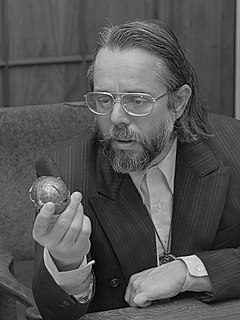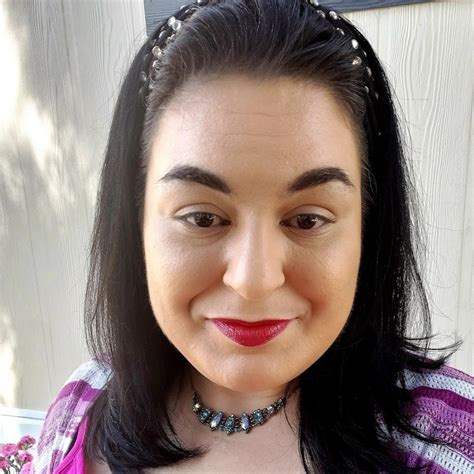A Quote by Harvey Cox
Somewhere deep down we know that in the final analysis, we do decide things and that even our decisions to let someone else decide are really our decisions, however pusillanimous.
Related Quotes
If we decide rightly what to do, or use a correct procedure for making such decisions, that has to be because the decisions or the procedure rest on good reasons, and these reasons consist in the apprehension of truths about what we ought to do. Because these truths must constitute reasons for our decisions, and because in the rational order, reasons must always precede the decisions based on them, the truth conditions of claims about what we ought to cannot be reduced to, or constructed out of, decisions about what to do, or procedures for making such decisions.
We judge others instantly by their clothes, their cars, their appearance, their race, their education, their social status. The list is endless. What gets me is that most people decide who another person is before they have even spoken to them. What's even worse is that these same people decide who someone else is, and don't even know who they are themselves.
We can carry the burden of hurt throughout our lives. We can make the hurt that we have experienced the defining aspect of our stories of ourselves. That means that somebody else gets to say who we are, somebody else gets to decide how we feel, and somebody else gets to decide how we see the world. Forgiveness not only frees us from the burden of someone else's opinion of us, but it allows us the opportunity to really write a story of ourselves that we can love, enjoy, relish, and live into.
If there is any one skill that every professional must learn, it is how to brand himself or herself in the marketplace. A brand provides certainty to customers and lets them know that what they`re getting is the best. People don`t like to make decisions. Once we decide, for example, the kind of toothpaste we prefer, rarely do we change. We have to make so many decisions every day in our lives that most of us are overwhelmed.
By our attitude, we decide to read, or not to read. By our attitude, we decide to try or give up. By our attitude, we blame ourselves for our failure, or we blame others. Our attitude determines whether we tell the truth or lie, act or procrastinate, advance or recede, and by our own attitude we and we alone actually decide whether to succeed or fail.






































